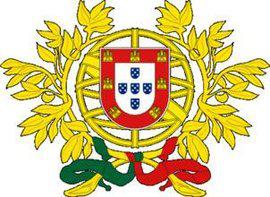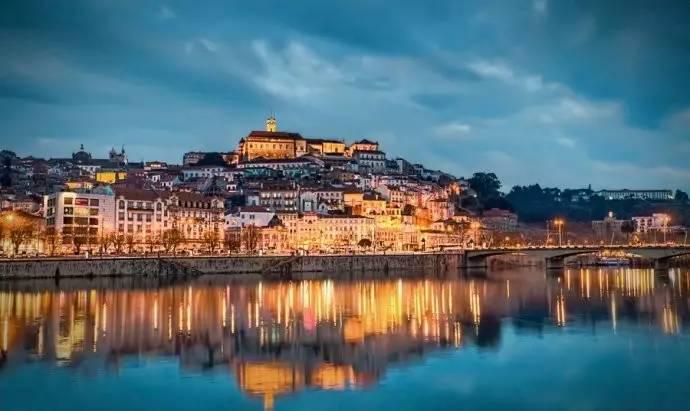

Portugal, the full name of the Republic of Portugal(Portuguese:República Portuguesa), is a republic country located in the southwest of Europe. It is adjacent to Spain in the Iberian Peninsula to the East and the Atlantic coast to the West and south of Portugal. In addition to the territory of continental Europe, the Azores and Madeira Islands of the Atlantic Ocean are also Portuguese territory. Cape Roca, the capital of Portugal, is the westernmost point of the European continent.
Since the 16th century, Portugal played an active role in the era of great navigation and became an important maritime power. In its heyday, Portugal even signed the Treaty of Tordesillas with Spain, intending to carve up the world. In the modern western history, Portugal is one of the birthplaces of history and culture, from the 16th century to the 18th century, Portugal and Spain became the most powerful global empire. Among the existing European countries, Portugal is the country with the longest colonial history, since its capture of Seda in North Africa in 1415 and the handover of Macao's power in 1999 (there is also an algorithm for the independence of East Timor in 2002), the colonial activities have lasted nearly 600 years. Portuguese, the official language, has become the common mother tongue of 240 million people and the eighth largest language in the world.
